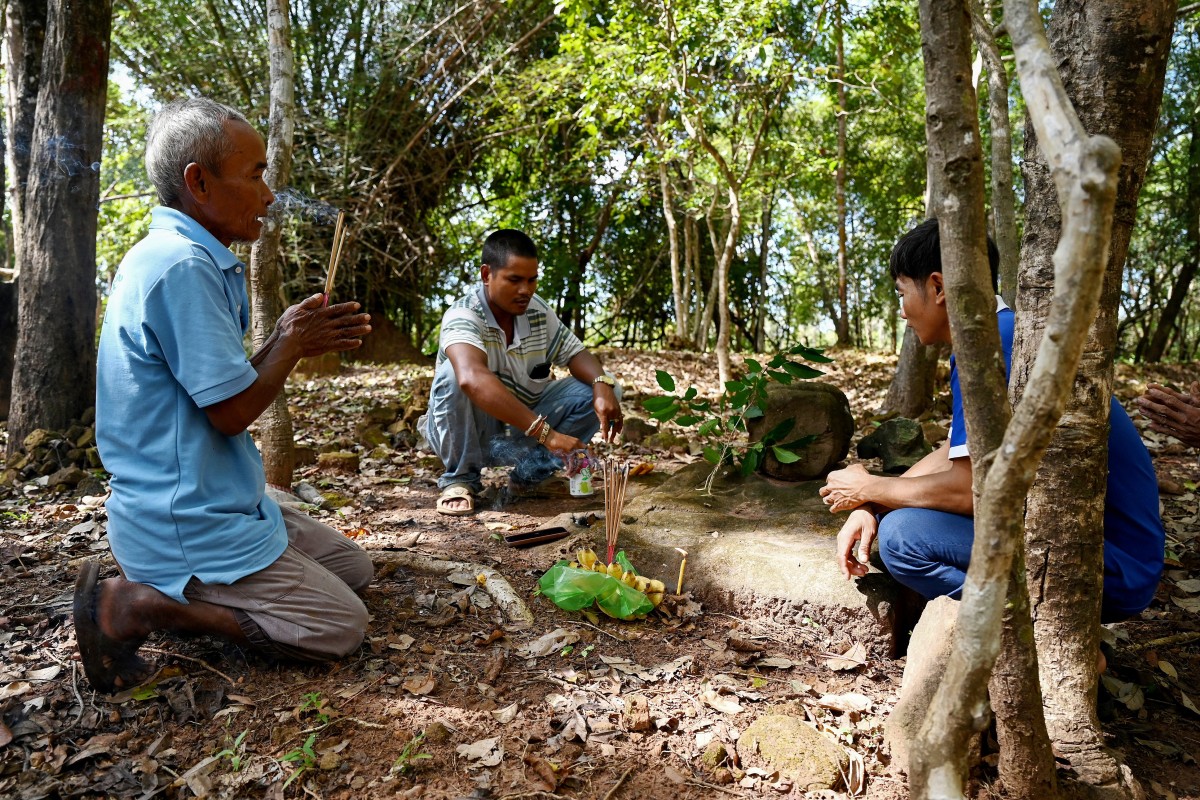The recent enactment of the Environment and Natural Resources Code by the Royal Government of Cambodia has prompted serious concerns from Indigenous communities.
Critics claim that this legislative move could worsen land dispossession and discrimination against Indigenous Peoples, purportedly to promote “sustainable economic development”.
The legislation has been met with significant opposition for its potential to grant extensive powers to private entities, putting at risk the livelihoods of Indigenous populations.
Concerns have been particularly vocalized in a National Consensus Consultative Workshop, where representatives from 12 provinces expressed their fears regarding the infringement of their lands without proper consent.
“The lack of Free, Prior, and Informed Consent (FPIC) in the designation of management zones is alarming,” stated a joint statement from the workshop, highlighting the fear of legal actions, including fines and imprisonment, against those asserting customary ownership.
The inclusion of the FPIC process to ensure the right to self-determination and the amendment of laws granting excessive authority to the Ministry of Environment over land titling are among the urgent demands of Indigenous communities.
Beverly Longid of the International Indigenous Peoples Movement for Self-Determination and Liberation (IPMSDL) underscored the potential negative impact of the new Code.
“The management of environment and natural resources in the name of ‘sustainable economic development’ is often a disguise for actions against Indigenous Peoples,” she said.
Cambodia’s pursuit of foreign investments in sectors such as agro-industry, energy, and mining, primarily located in Indigenous territories, has led to an uneasy overlap of economic and Indigenous interests.
This situation, coupled with initiatives like the sale of carbon credits and conservation efforts, has been criticized for its contradiction to Indigenous rights and impact on their way of life.
The problem, as noted by Jiten Yumnam, co-convenor of IPMSDL, is not isolated to Cambodia but reflects a global trend where development policies often overlook Indigenous rights.
“The weaponization of laws to disregard Indigenous peoples’ rights to land and self-determination is a global trend,” Yumnam said.
Advocates for Indigenous rights argue that sustainable development can only be realized by respecting Indigenous land rights and traditional practices.
“Sustainable development is when Indigenous Peoples’ land rights are upheld,” said Paul Belisario of IPMSDL.







